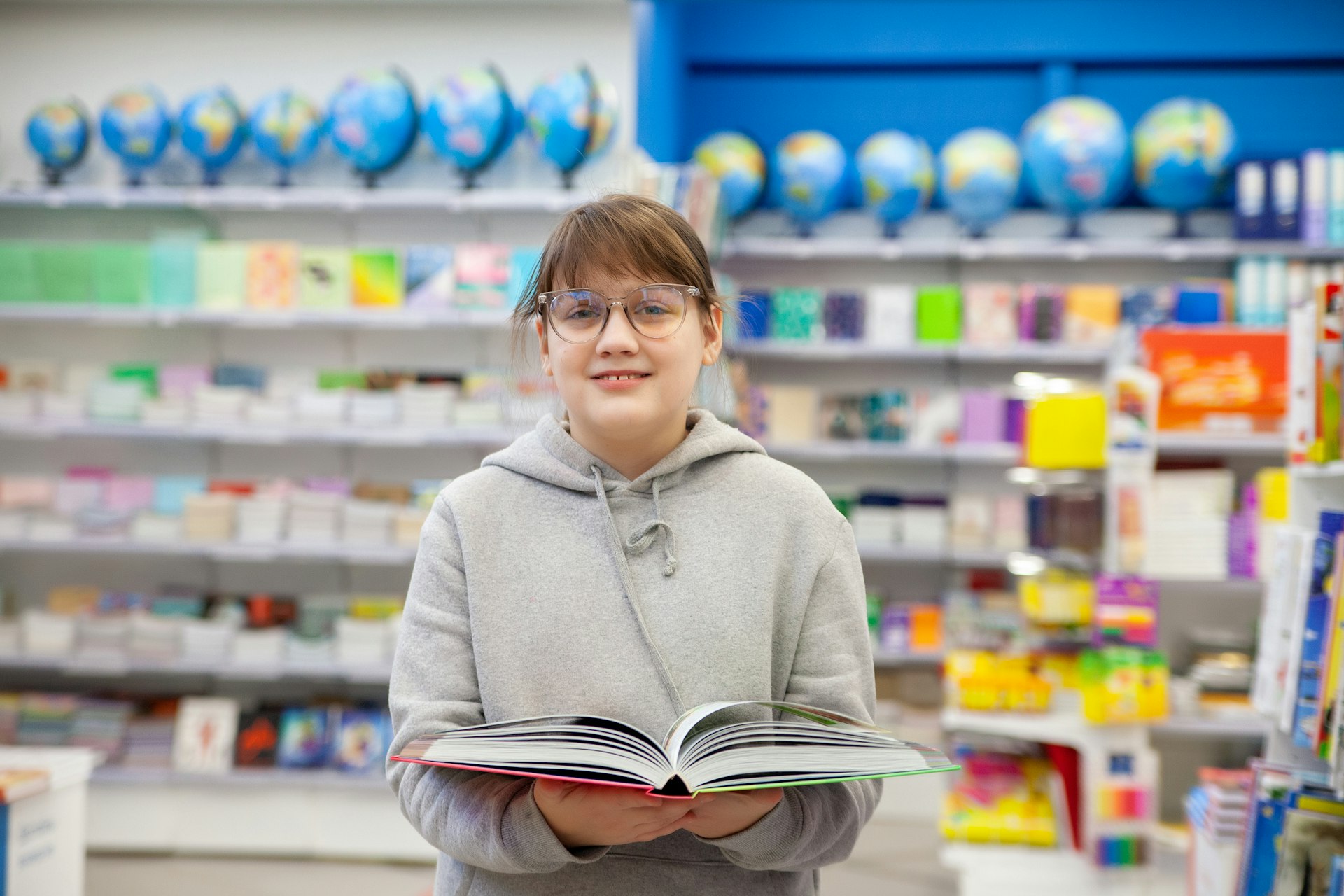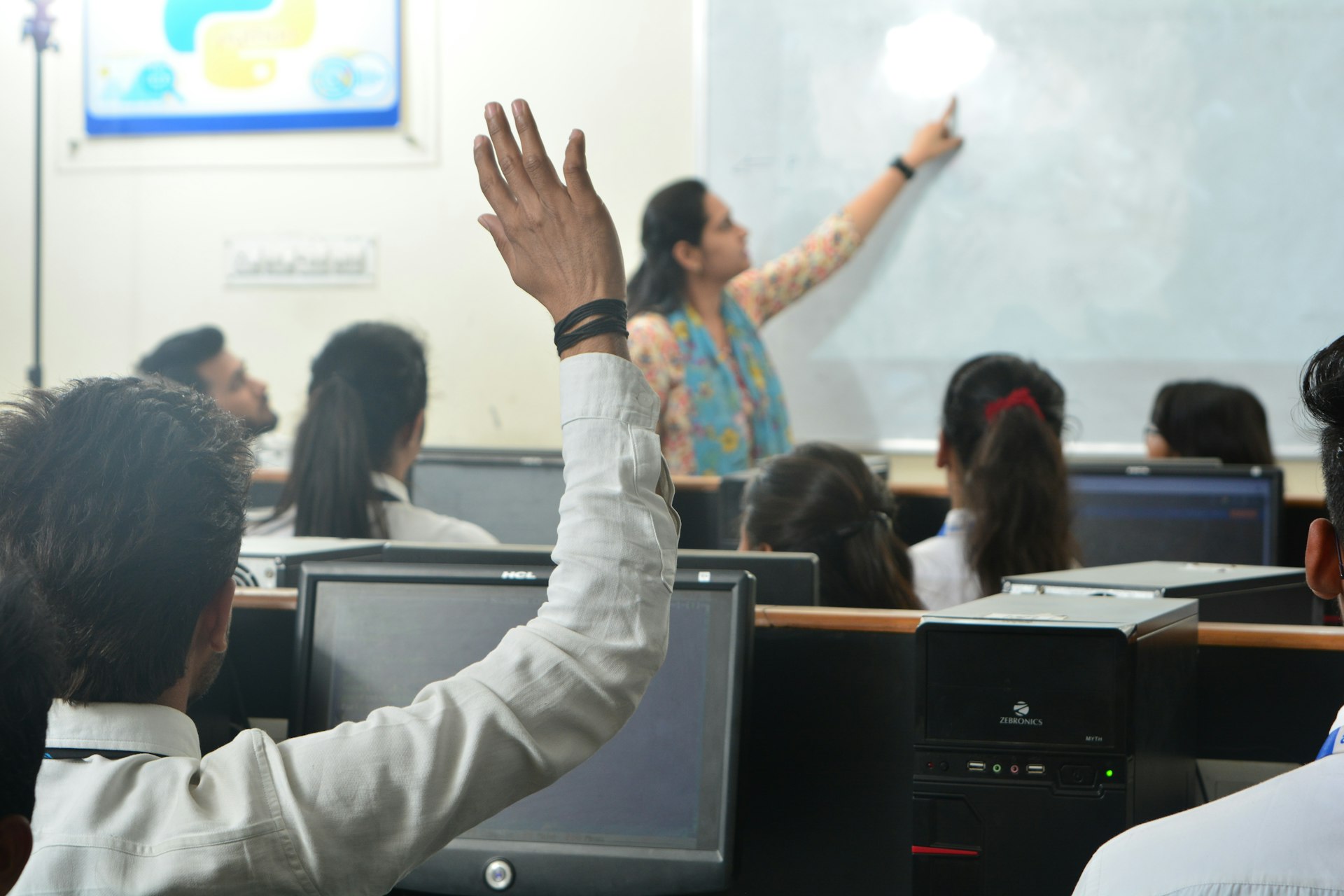How Global Travel Shapes Modern Family Perspectives and Relationships

Photo by George Zheng on Unsplash
Introduction: The Transformative Power of Global Family Travel
Global travel is more than a leisure activity-it’s a catalyst for reshaping family perspectives, strengthening relationships, and fostering growth. As families journey across borders, they encounter new cultures, ideas, and challenges that spark personal and collective transformation. This article explores the multifaceted impact of international travel on families, providing research-backed insights, real-world examples, and actionable guidance for making the most of these experiences.
1. Strengthening Family Bonds Through Shared Experiences
Traveling together gives families the opportunity to build a unique identity and cultivate deeper connections. Studies have shown that family travel enhances communication, boosts cohesion, and is linked to overall well-being for both adults and children. Shared adventures-whether navigating a foreign city or exploring a new cuisine-require teamwork and collaboration, turning families into cohesive units with stronger trust and understanding [1] .
For example, a family navigating the challenges of a long-haul flight or adapting to unfamiliar customs learns to rely on each other. According to research, such shared leisure activities create unique, memorable experiences that foster bonding and attachment among family members [2] . This can lead to children developing better social skills, empathy, and loyalty.
2. Broadening Perspectives and Inspiring Personal Growth
Global travel exposes families to diverse cultures, languages, and worldviews. This exposure challenges existing assumptions and encourages open-mindedness. Children and adults alike become more adaptable and resilient as they navigate new environments. Immersing in different societies fosters greater cultural sensitivity and empathy, laying the groundwork for lifelong learning and curiosity.
Families returning from international trips often report a renewed appreciation for their own culture, as well as a deeper respect for differences. These broadened perspectives can influence parenting styles, educational choices, and everyday interactions. Parents can encourage such growth by involving children in trip planning, discussing cultural differences encountered, and reflecting on shared experiences.
3. Navigating Challenges: Stress, Logistics, and Family Dynamics
While the benefits are significant, global travel can also be demanding. Families may face logistical hurdles, such as managing transportation, accommodations, and language barriers. Traveling with young children adds layers of complexity, including disrupted routines, interpersonal conflicts, and increased stress [5] . Researchers note that these challenges are intrinsic to the travel experience and can even deepen the sense of accomplishment and meaning gained from the journey [1] .
To mitigate potential pitfalls, families can:
- Prepare children for new experiences by discussing the trip in advance
- Encourage flexibility and patience during travel setbacks
- Share responsibilities and decision-making to reduce stress
- Allow downtime for rest and reflection to avoid burnout
Experienced families tend to navigate these challenges more smoothly, suggesting that travel skills improve with practice and reflection [5] .
4. The Long-Term Impact: Well-being, Communication, and Resilience
Repeated global travel can have lasting effects on family well-being and resilience. Research indicates that families who travel together experience increased relationship satisfaction and commitment, which reinforces unity and emotional health [3] . These positive outcomes are often balanced by the need to navigate change, manage stress, and adjust to shifting family roles-especially when travel is frequent or tied to work obligations [4] .
Families can leverage the benefits of travel by:
- Establishing family rituals or traditions linked to travel
- Reflecting on shared experiences to reinforce learning
- Using travel as an opportunity to teach values such as adaptability, empathy, and respect
It’s important to recognize that outcomes may vary depending on family structure, frequency of travel, and the purpose of trips (leisure vs. work). Families with frequent work-related separations may experience different dynamics, such as shifts in parental roles and youth adjustment challenges [4] .
5. Practical Guidance: How to Maximize the Positive Impact of Global Travel
If you want to enhance your family’s perspectives through global travel, consider these steps:
- Involve everyone in planning. Ask each family member to contribute ideas and preferences, fostering a sense of ownership and excitement.
- Set realistic expectations. Discuss possible challenges and agree on strategies for handling stress or setbacks.
- Cultivate curiosity. Encourage learning about destinations through books, documentaries, or language practice before departure.
- Document experiences. Keep a shared travel journal or photo album to revisit memories and reflect on growth.
- Debrief together. After returning home, schedule time to talk about highlights, challenges, and lessons learned, reinforcing positive outcomes.
If you are seeking additional support or resources, you can:
- Contact reputable travel organizations or family travel clubs for advice and community
- Consult with family counselors or educators specializing in intercultural experiences
- Search for family travel blogs, podcasts, and forums for peer advice and inspiration
For educational resources, consider searching major university research databases or official tourism boards for family travel studies and recommendations. If you require assistance navigating complex travel logistics or need special accommodations, reach out directly to airlines, hotels, or official tourism agencies for support. Many offer dedicated helplines and multilingual assistance for international travelers.

Photo by Mehdi Benkaci on Unsplash
6. Alternative Approaches and Overcoming Barriers
Not every family has the resources for international travel. Alternatives include virtual cultural exchanges, hosting international students, or exploring local multicultural communities. These options can still promote cultural openness and family bonding while being more accessible and affordable. Many libraries, cultural centers, and schools offer programs that introduce global perspectives through workshops, events, and language learning opportunities.
When facing financial or logistical barriers, families can:
- Seek out travel grants or scholarships for educational travel (check with local foundations or educational organizations)
- Plan group trips with extended family or friends to share costs
- Utilize off-peak travel seasons for lower prices and less crowded experiences
For guidance on finding such programs, search with terms like “family travel grants,” “cultural exchange programs,” or “youth travel scholarships” through official nonprofit or educational websites. When in doubt, contact your local community center or school guidance office for referrals to reputable programs.
Conclusion: Lasting Impact on Family Perspectives
Global travel serves as a powerful tool for strengthening family bonds, broadening perspectives, and instilling resilience. While challenges are inevitable, these experiences offer unmatched opportunities for connection and growth. By adopting intentional strategies, reflecting on shared journeys, and exploring creative alternatives, families can maximize the positive effects of travel-whether across continents or within their own communities.
References
- [1] Institute for Family Studies (2022). Why You Should Travel With Your Kids.
- [2] University of Massachusetts Amherst (2011). The Benefits of Travel: Family and Relationships Review of Literature.
- [3] Wiley Online Library (2022). Beyond the Challenges: Exploring the Influence of Travel Constraints on Family Travel Dynamics With Young Children.
- [4] National Institutes of Health (2018). Implications of parents’ work travel on youth adjustment.
- [5] IUPUI ScholarWorks (2019). Family Travel, Positive Psychology, and Well-being.
MORE FROM jobzesty.com













